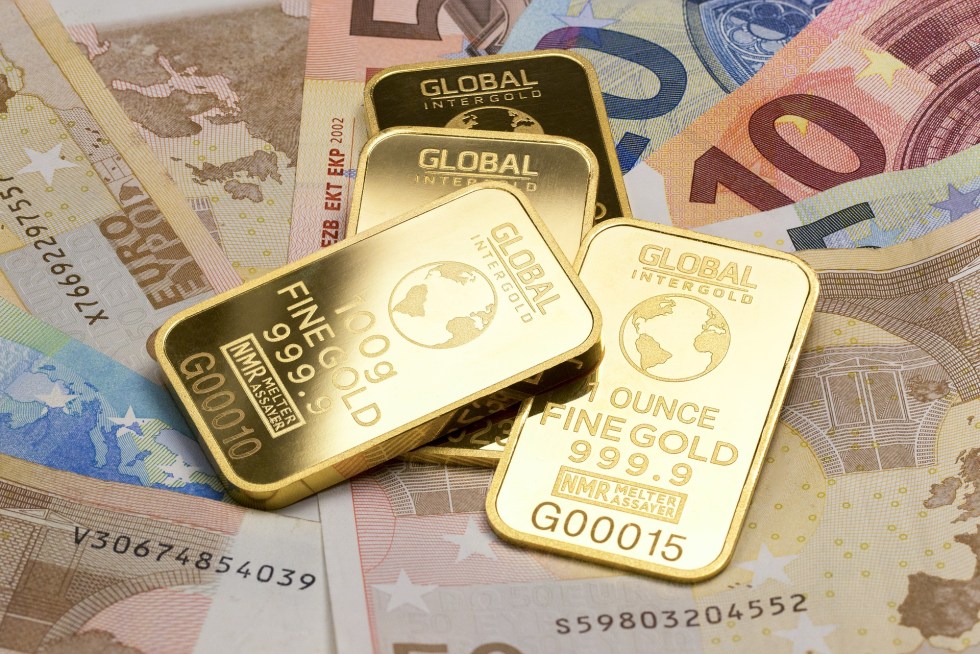“A good name is more desirable than great riches; to be esteemed is better than silver or gold.” Proverbs 22:1
Bunty Agarwal and Denis Grodetskiy, MicroMoney Advisors, ICO Strategists, and Business Model Analysts at Group 5 Advisory
We, at Group 5 Advisory, share MicroMoney’s vision of how technical solutions such as “digital DNA” can help the unbanked people in emerging economies benefit from accepting technology as it has been designed by MicroMoney.
Ultimately, it is the customers and individuals that benefit the most from establishing their digital DNA. Through MicroMoney, consumers can now have access to banking and other financial services that were unavailable to them previously. They also get precisely targeted products and customized marketing offers because companies better understand their needs and desires.
MicroMoney’s platform helps those customers to buy goods and services in a marketplace that is more streamlined and relevant and to start new businesses through access to external funding. This becomes self-reinforcing because as local economies grow, more jobs are created and, therefore, more wealth is created within those local communities.
MicroMoney – Financial Identity for the ‘Unbanked’
MicroMoney’s innovative concept is to give its customers the opportunity to establish and build their financial identity through a digital interface. Similar to traditional forensic analysis, MicroMoney’s Artificial Intelligence and Neural Network (AINN) system begin by putting together a digital passport and tracking the footprints of each one of its customers. Unlike passports, however, this dossier contains far more detailed information and cannot be forged by anyone else. In this regard, the AINN helps to create digital DNA for each customer – a truly unique identifier.
Once a customer’s digital DNA is created, it can be used to accurately predict a customer’s behavior, track that same customer’s financial performance, and establish his/her reputation. For example, if a customer helps a friend get a loan by vouching for him and that loan is repaid on time, his digital DNA is updated by the AINN to reflect that behavior. The beauty of AINN’s prediction and scoring system is that the technology is based on machine learning. The more data the neural network has, the better its scoring and accuracy becomes over time. As it stands, the system’s accuracy is already at about 95% based on real-world results.
How MicroMoney and Big Data Benefit Consumers
The customer information collected by MicroMoney’s AINN also forms the bulk of MicroMoney’s Big Data. Besides creating a unique profile for individual customers, MicroMoney aggregates all the customer information it has and analyses it as a whole. This is extremely important and valuable because it allows MicroMoney to create a macroscopic view of a specific region. The company can now assess risk across a variety of factors that would otherwise be unseen on an individual basis.
A secondary benefit of analyzing customer data on a wider scale is that MicroMoney and its business partners can learn about customers as a group. Because banks and other businesses have typically focused only on market segments they have full information on, they miss out on substantial revenues. Businesses can look at MicroMoney’s Big Data and learn more about potential customers and untapped market segments. What do they search for online? What do they buy? How do they pay for goods? What kind of factors affect purchasing or borrowing decisions? Previously unknown or risky customer segments suddenly become relevant.
Big Data enables banks, merchants, and other companies to efficiently profile and segment a huge population with the click of a button. Potential customers can be segmented based on a number of patterns, some of which could be unrealized by the customers themselves. These insights can be used to forecast purchasing behavior, something that is extremely valuable to banks and merchants alike.
The beauty of MicroMoney’s data and scoring system is that it can be applied on a global scale while ignoring all international boundaries. Imagine that you’ve moved to another country. No matter what your personal financial position is, in the new country, you immediately fall into the “unbanked” category with no financial reputation. As an expatriate, it is virtually impossible to open a bank account or take a loan without first having established some kind of paperwork, such as proof-of-address evidence, and credit history. If you try to withdraw cash from an ATM using a foreign bank account, you are liable to pay exorbitant foreign exchange charges and other fees.
With MicroMoney’s digital DNA, traditional hurdles to banking disappear overnight. Now, your credit history follows you everywhere you go. Rather than having to establish a new financial reputation every time you move somewhere, your digital reputation is available for anyone to see at your fingertips.
https://twitter.com/micromoneyio/status/919111416480661504
While building the company as a global enterprise with a specific vision, MicroMoney respects the fact that customer data is extremely personal. Some customers may not be keen on sharing that information to the Big Data service. MicroMoney is a strong believer in protecting customer data and will only share it if the customer agrees to the company’s data collection and protection policies.
MicroMoney’s goal is to build a user base of loyal and socially active customers who will support the company to grow and expand its operations. In order to make the AINN scoring system and Big Data service more accurate and useful, MicroMoney rewards those customers who do share their information with the company.
More information on what kind of data MicroMoney collects and how it protects that data can be found at https://micromoney.io/.
How will MicroMoney change the financial landscape for “unbanked” consumers? What do you think about the concept of “digital DNA”? Let us know in the comments below.
Images courtesy of MicroMoney, iStockPhoto
